The Intertwined History of Coconuts And Ancient Seafarers
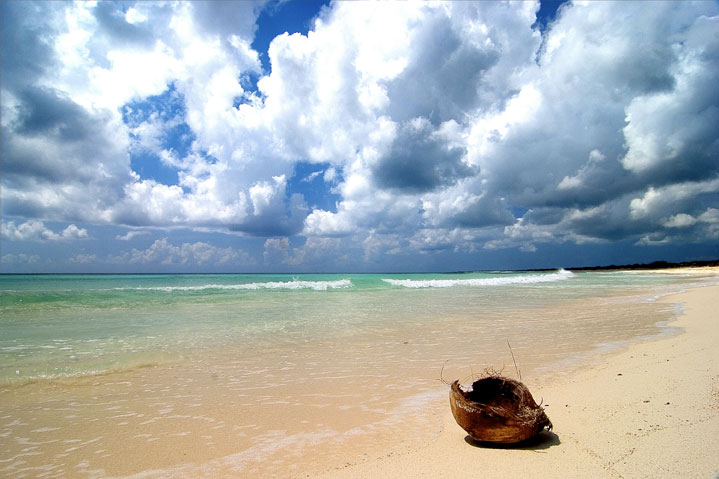
The impact of the coconut palm on the history of human dispersal in the humid tropics is unparalleled in the plant kingdom. As a portable source of both food and water, the coconut played a critical role in the ability of humans to voyage, establish trade routes, and colonize lands in the Pacific Rim, Africa and regions throughout the Old World tropics. An extraordinary investigative report by a team of scientists reveals this story of an anthropological and botanical intertwined journey accross the world’s oceans from coasts to coasts.
Mississippi Flood Impacts on Gulf Of Mexico
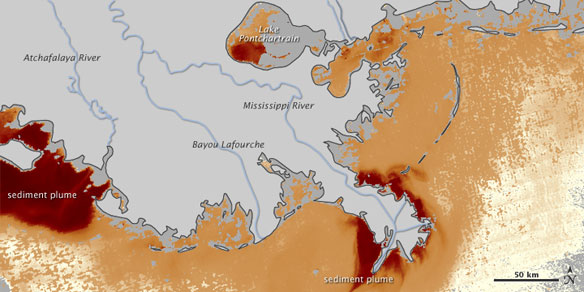
The floods that surged through the Mississippi River basin are subsiding, but their impact is far from over. Swollen rivers dumped thousands of tons of nutrients and sediment into the Gulf of Mexico, where they are forecast to cause a record “dead zone” this summer.
Newspaper Archives Help to Understand Coastal Flooding
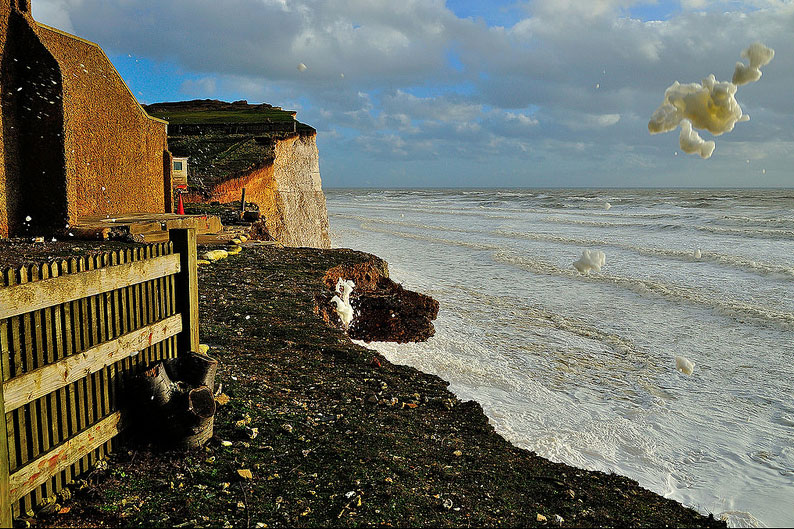
A unique study using over 70 years of information from local newspapers has helped to examine the incidence and location of coastal floods in the Solent region of southern England.
Stiff Sediments Made 2004 Earthquake Deadliest in History
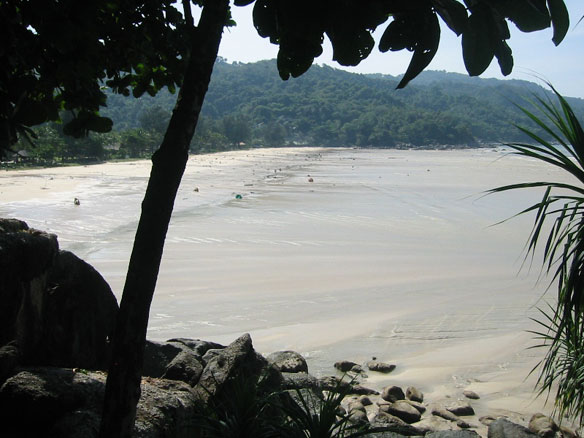
An international team of geoscientists has discovered an unusual geological formation that helps explain how an undersea earthquake off the coast of Sumatra in December 2004 spawned the deadliest tsunami in recorded history.
75th Aftershock of Magnitude 6 or Higher, Hits Near Japan East Coast
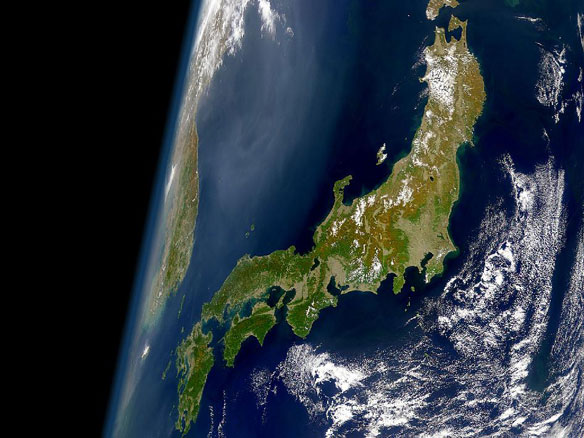
A magnitude 6.7 earthquake rocked Japan today near the East coast of Honshu, the 75th aftershock of at least magnitude 6.0 from the devastating magnitude 9.0 quake on March 11, according to the U.S. Geological Survey (USGS).
Study details significant sea level rise
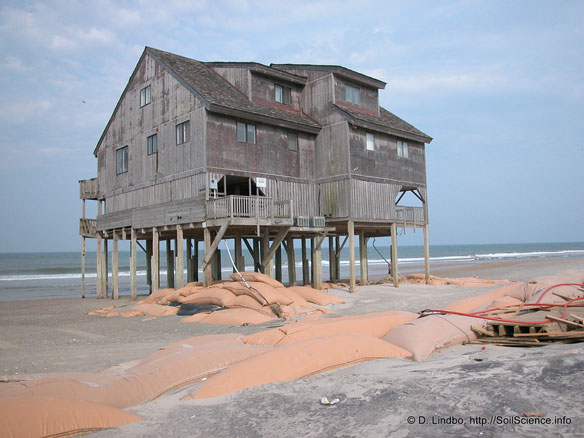
Since the late 19th century, sea level has risen by more than 2 millimeters per year on average, the steepest rate for more than 2,100 years. The new study does not predict the future, yet it does show “there is a very close link between sea level and temperature. So for the 21st century when temperatures will rise, so will sea level.”
Ongoing Sand Mining Mafia, Konkan coast, India
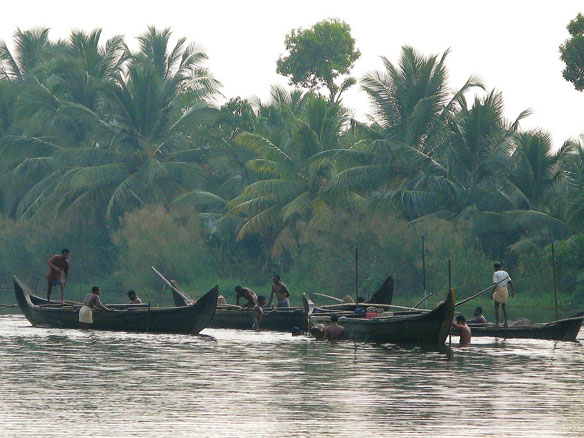
Sand mining had come to a near standstill last year after the Bombay High Court banned it, however Maharashtra’s creeks and the Konkan coast and beaches do remain prey to the sand mafia.
The Speed of Change: Oceans in Distress, An International Report
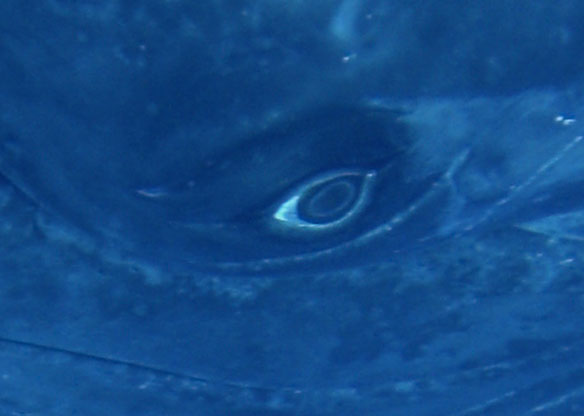
Sponsored by the International Programme on the State of the Ocean (IPSO), the 27 participants from 18 organisations in 6 countries produced a grave assessment of current threats, and a stark conclusion about future risks to marine and human life if the current trajectory of damage continues: that the world’s ocean is at high risk of entering a phase of extinction of marine species unprecedented in human history.
Cuba: Sea levels to rise more than 30 in. by 2100
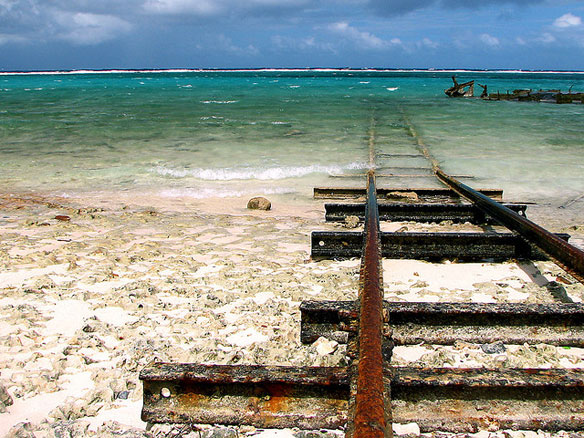
Cuban scientists warn that right now it is urgent to preserve mangroves, coral reefs, sea grass and sand beaches. Each of these ecosystems is a natural barrier to defend the coasts from the impact of climate change and sea level rise. Most of the 400 beaches of Cuba’s territory are affected by erosion with a receding coastline estimated at 1.2 meters per year.
